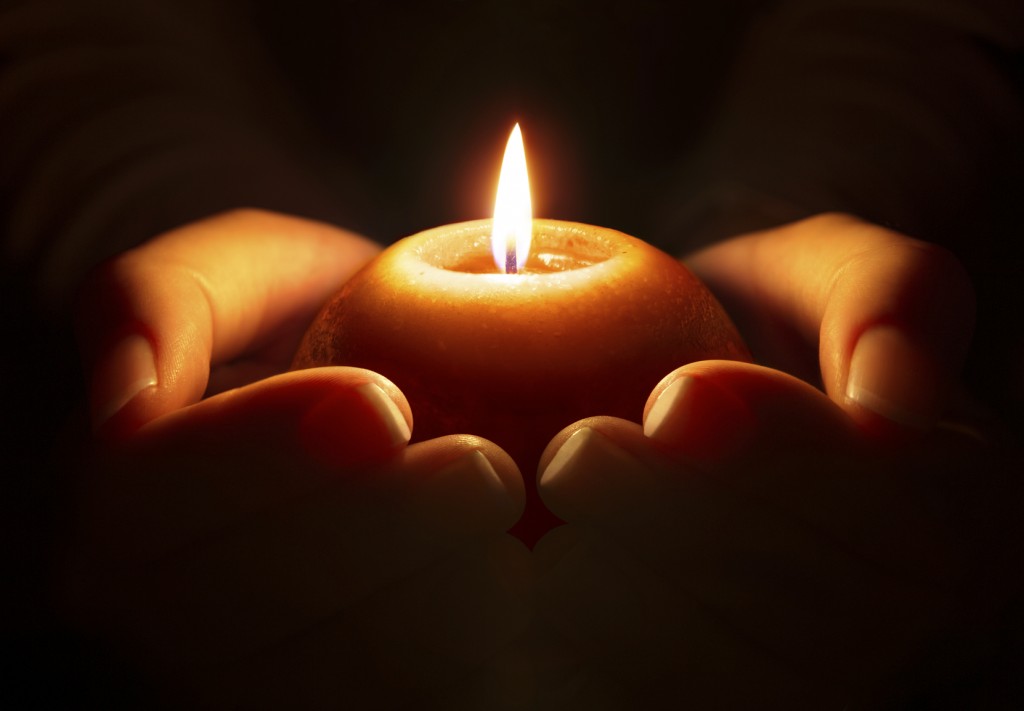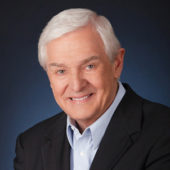Millions of people are still unreached by the gospel—often living in countries closed to traditional missionaries, and have yet to experience the love of Christ.
Patrick Lai is a tent-maker who has lived and worked in closed countries for years using business as a platform for sharing the gospel. He shares stories of impact in his book
Tentmaking is more than a method of international Christian evangelism; it helps people regain their identity and self-respect.
“When we come in and create jobs, we’re doing something that I didn’t recognize as a traditional missionary, and that is creating dignity.”
When we meet somebody for the first time, Patrick explains, we generally ask the question, ‘What’s your name?’ Secondly, we ask ‘What do you do?’ He shares about more about the importance of our identity.
“Who we are, our identity, is very much wrapped up in our job, so when people don’t have jobs they have no hope. They have no sense of worth and they feel devalued. If you’ve been unemployed you know how awful that feels.”
Patrick’s team has seen loyalty, appreciation and respect from people whose lives have been impacted by tentmaking.
“It’s our employees who come to our defense because they appreciate the way we do work; they appreciate our effort to improve the community, not just to make money, but they see how we’re giving back to the community.”
He refers to a business in a country where he worked, where both of the owners shared their appreciation for their due diligence.
“The owners said, ‘We know this business because it’s the only one who pays all of its taxes in the whole country.'”
By fulfilling their obligation as a local business and helping to improve the community, tent-makers often experience great satisfaction through the work that God has called them to do.
“These kinds of things definitely earn respect, create dignity and bring hope. When you do that, people say, ‘Why are you doing this?’
Tentmaking also creates an opportunity to share the gospel around the world. Patrick shares about a few personal opportunities he’s had in businesses to talk about Jesus.
“I don’t have to push the opportunities, I just need to model it and then they come to me with the why, what, and how type of questions. Even though it’s illegal to proselytize where I live, I’m not ever accused of proselytizing because I’m not…I’m just answering questions.”
As Christians, we have the privilege and responsibility of demonstrating the love of Christ to anyone we meet.
“There’s no law against loving people in any Muslim country.”




















